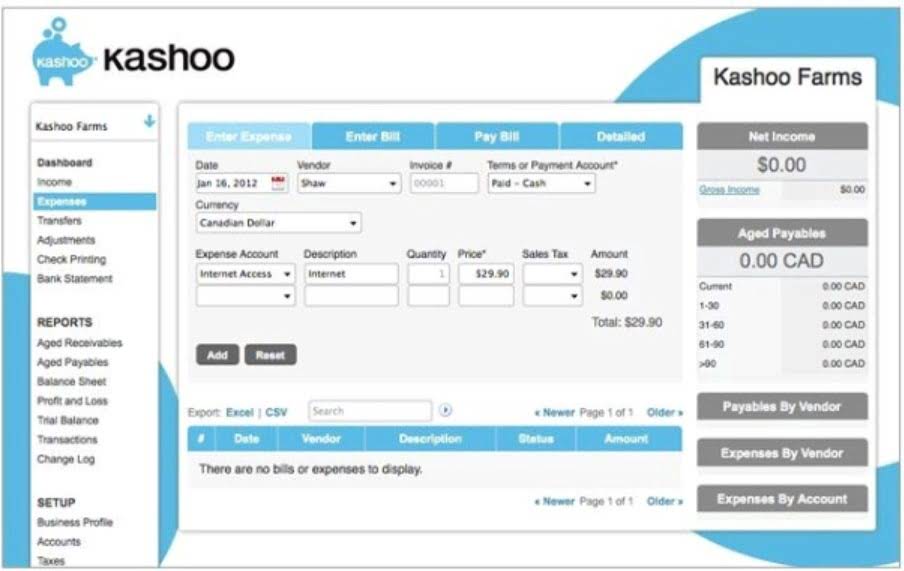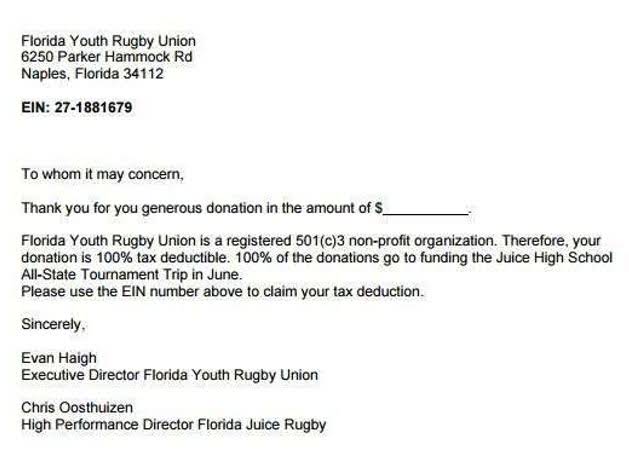
This user-friendly software offers medium business accounting flexible financial reporting with a simplified general ledger that works for both small and midsize businesses, as well as larger enterprises. We evaluated services anonymously to ensure unbiased recommendations based on real user experiences. Key assessment areas included pricing, customer support, service features, turnaround time, third-party reviews, ease of use, and safety and confidentiality. There are four basic areas you should consider when choosing a cloud accounting software solution. The first is cost, as every company needs to find something that fits into its overall budget.
Sage 50
This documentation should be digital where possible, creating permanent audit trails. The best software is one that your team will actually use productively. A mistake companies make is underestimating the effort needed to implement and train. Don’t choose software that locks your data in or doesn’t play well with others, especially if you already have core tools in place that need to connect.
- Establishing a business credit score is important for securing future funding or financing significant purchases.
- You need to know where your money’s going and how your business is doing.
- Its straightforward navigation and workflows make it easier to get started and manage everyday tasks.
- A major disadvantage of the Early plan is the fact it limits users to 20 quotes and invoices per month and only five bills a month.
- Tipalti AP automation and mass payments software scales as your company grows.
Understand tax.
Unlike data stored on a hard drive, data in the cloud is typically not susceptible to being lost due to hardware malfunctions. Cloud-based accounting software is just like traditional accounting software with the exception that all the data is hosted on remote servers instead of the user’s desktop computer. Kashoo is a great choice for small business owners who want straightforward accounting software that is easy to set up. Xero is a great option for large teams and SMBs looking for accounting software that multiple team members can use. Freelancers and entrepreneurs who want an affordable plan might want to look elsewhere simply because of its basic plan’s limitation on the number of invoices. By carefully considering these key features and aspects, you’ll be well-equipped to choose the best accounting software for your medium-sized business’s unique needs.
Best Accounting Software for Small Businesses in 2025
Effective Accounting helps small and mid-size businesses in California stay on track. By using experts like Confiance, owners save time and avoid mistakes. A small retail shop raised profits by 20% after using accounting services. Using professional accounting services makes it easier for California businesses to handle money and avoid errors. While Xero’s plans start at a cheaper price, QuickBooks offers more features across its plans.

Neat’s built-in document management with unlimited monthly storage makes it an incredibly useful tool for businesses that accumulate a lot of expenses and receipts each month. Use secure file sharing, real-time document collaboration, and in-app communication tools to streamline workflows and ensure everyone has access to the most up-to-date financial information. Cloud-based collaboration can help improve productivity, reduce errors, and accelerate decision-making. Use mobile apps or online portals to allow employees to easily submit expense reports and receipts, and automate the approval and reimbursement process.

You can check the background of Atomic Brokerage on FINRA’s BrokerCheck. Financial planning is a crucial aspect of life, ensuring you are prepared for future uncertainties. SMBs are particularly vulnerable to fraud and security breaches due to limited resources for monitoring and safeguarding financial systems. Internal fraud, such as embezzlement, and external threats, such as cyberattacks, can lead to significant financial losses. You’ll probably want to avoid surprises like going over budget when you travel. Take charge with these expert tips for managing your travel expenses in Excel.

Which accounting software is used for small and medium-sized businesses?
Every employee with spending authority should have a defined limit, and transactions above those limits should require additional approval. A department manager might approve expenses up to $5,000, while anything above that needs director approval, and purchases over $25,000 require CFO sign-off. Remember, the goal is the best fit, not the cheapest price tag or the fanciest product that busts your budget. A $50,000 solution that perfectly matches your needs delivers better value than a $15,000 platform requiring constant workarounds or http://www.hayeon.net/?p=61523 a $100,000 package where you use 20% of the features. Discover the next generation of strategies and solutions to streamline, simplify, and transform finance operations. T3 Micro cut manual work by 50%, avoided adding finance headcount, and streamlined international payments across multiple currencies.
- Intuit’s QuickBooks Online (QBO) is one of the most widely used accounting software platforms for small and midsize businesses.
- Integrated functionality within accounting software ensures that all financial activities adhere to the required standards and regulations.
- Online accounting solutions are popular for midsize businesses that want to keep software costs low and have a program that scales with their business.
- Zoho does offer additional add-ons for some flexibility in building a plan, such as an additional user for $2.50 monthly, and snail mails for $2/credit.
- Companies that want to link payroll to their accounting software must integrate with Gusto at $40 per month.
- QuickBooks Enterprise is recommended for medium-sized businesses due to its advanced features and support for multiple users.
- In 2025, FreshBooks has made remarkable strides in improving invoicing efficiency.

Keep in mind that any accounting software you choose should play nicely with your business’s payroll software. Fortunately, the best payroll software often supports integrations with the most popular accounting software options, such as QuickBooks Online, Xero, Sage, and more. Each plan comes with basic features and offers more advanced features such as more contacts, users, and invoices, as you go up the pricing tiers. If you’re willing to pay, we think that Patriot Accounting offers a solid mix of generous features and scalability. FreshBooks only supports 1 user (additional users cost an extra $11/month per user). Additional features such as advanced payments and payroll are offered as plan add-ons.
Top Picks for the Best Accounting Software for Medium Sized Business
Sage Accounting is a cloud-based small business accounting software that Outsource Invoicing offers essential bookkeeping and accounting features, comprehensive reporting, and inventory tracking. Wave is a free accounting service that is designed for small businesses just starting out. The easy-to-use software has all the basic features needed to keep your accounting department in order. Wave’s built-in dashboard makes it easy to quickly access and understand your business’s financial information. Another outstanding feature is the fact an unlimited number of users can be added. Zoho Books can help your business manage finances, track cash flow, and automate accounting tasks without the high price tag of larger ERP systems.
